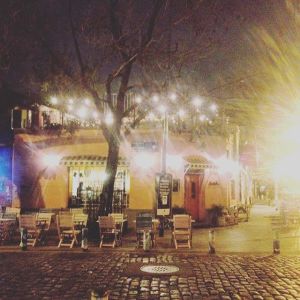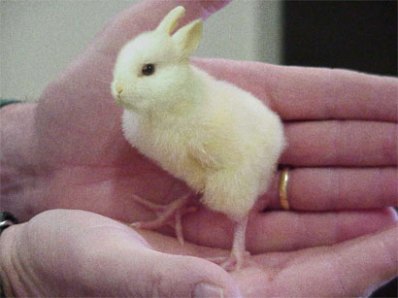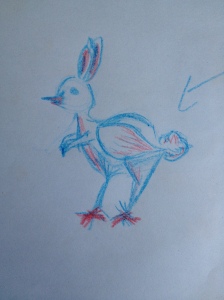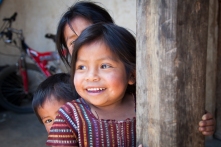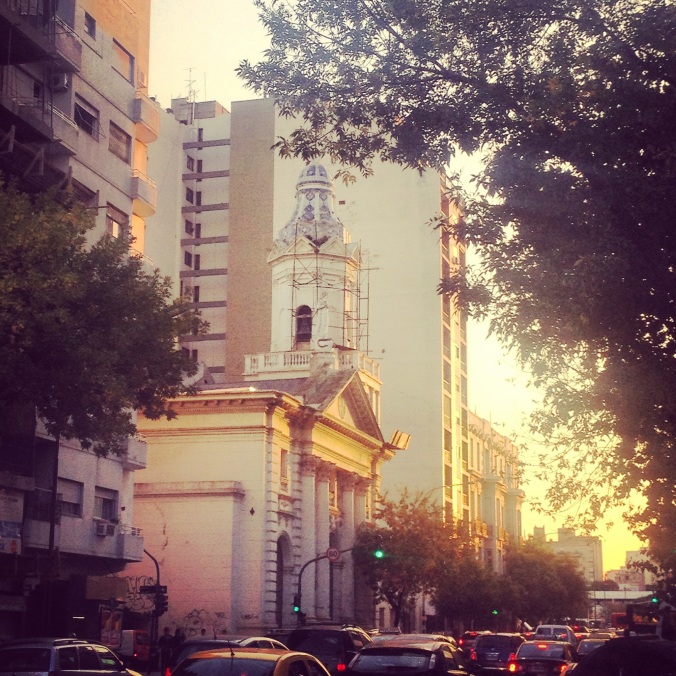
San Telmo, Buenos Aires
Welcome to the city of looking up
It’s been just over a year since I bought a one-way ticket to Argentina.
I’d been dreaming about South America for years, but the plan was conceived and booked into reality in less than half an hour. I think some people take longer to shower.
With no agenda apart from an aggressive ambition to learn Spanish, I was vacillating between curiosity and boredom. I knew nothing about “the city of looking up”, or how duplicitous that expression can be in a city where balconies are fair game for just about anything and everything.
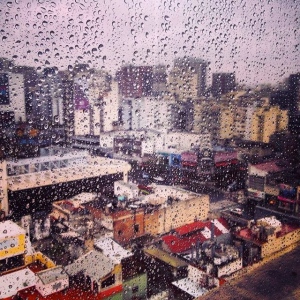 Exiting the plane that first day, I was greeted by grey skies and a smattering of gusty droplets. Saturated clouds clenched their waterlogged pleats. It was as if the universe was holding its breath along with me, waiting to see what lay in store. As is the case for most obsessed freelancers, my future was unwritten.
Exiting the plane that first day, I was greeted by grey skies and a smattering of gusty droplets. Saturated clouds clenched their waterlogged pleats. It was as if the universe was holding its breath along with me, waiting to see what lay in store. As is the case for most obsessed freelancers, my future was unwritten.
The early days
It all began on the couch of a man named Miguel. He was charming and polite, but distant. Just the way you want a stranger to be when you’re at the mercy of their goodwill.
It was my third time Couch Surfing, and I found myself on a crash-course in Porteño (local) culture. Miguel and his friends serenaded me with Argentine folklórico, fed me wine and asado (Argentine BBQ), and helped me learn the lay of the land. They taught me slang and shared scandalous tales of Argentine romance. (What was I getting myself into??)
I spent my first few days getting lost and tossing around the few Spanish phrases I knew:
–No, the duck is not yours.
–What’s your favorite color?
–Please forgive me, I am lost in life and I have a mountain of shame.
I’d wake each day with new vocabulary scrawled across my hands, forearms, or occasionally my face. Argentinians loved to teach me new phrases and showered me with praise when I remembered them. It was a magical time, but the couch life had to end. I was growing fat and lazy in proper San Isidro style.
Hostels, pickpockets, and poor decisions
The next few weeks passed in a blur of boliches and backpacker shenanigans.
I felt like I was living the real-life version of Katy Perry’s “That’s what we get for waking up in Vegas”. Every day was do-or-die and I was shaking glitter (crumbs?) out of more places than I care to recall. I learned that waving expensive electronic property around is a great way to lose it very quickly.
After parting ways with an iPhone, an iPod, my wallet, a Mac charger, and my dignity, it was time for a change. I gave backpacker Jess the flush, found an apartment, enrolled in Spanish classes, and started sketching out life as a local.
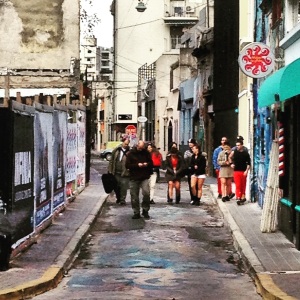 The new me lived in Palermo, ate too much pizza, and had a hard time discerning her front door from the other 10 on that block.
The new me lived in Palermo, ate too much pizza, and had a hard time discerning her front door from the other 10 on that block.
The learning curve
As the days ticked by, I learned not to pet the street dogs and never to wear flip-flops when it rains. My charm and talent for disgracing myself has resulted in some important takeaways:
1.) Argentine pizza is eaten with a knife and fork. If you try to pick it up, the toppings will slip gracefully into your lap, like tiny passengers exiting a crashed plane.
2.) Argentines will ask you the following two questions when they first meet you: #1 How long have you been here for? #2 Oh, ok, why isn’t your Spanish better?
 3.) Pigeons will live in your windows, and spiders will live in your shower. YOU WILL NAME THEM ALL.
3.) Pigeons will live in your windows, and spiders will live in your shower. YOU WILL NAME THEM ALL.
4.) Dog poop is a fact of life. Get used to it, and don’t ever take a clean sidewalk for granted again.
5.) Argentines love Whatsapp voice notes. Even if you tell them you hate voice notes, they will continue to send you voice notes. Asking why you don’t like the voice notes.
6.) Tango music would be better renamed as creepy elevator music of death.
7.) If some kind strangers let you enter the lobby of a building that you don’t have the keys for, you will be trapped for hours. (Argentines would rather trap their thieves inside so everyone can die together in a fire, rather than make keyless exits.)
8.) Argentine Subway does not take their slogan “eat fresh” very seriously.
 9.) You need to tell bus drivers where you’re going when you get on. This means you need to know where you’re going.
9.) You need to tell bus drivers where you’re going when you get on. This means you need to know where you’re going.
10.) Dating will confuse you. THE END.
11.) “On time” is 30 minutes late, and “late” is never. Unless it’s your day to bring facturas to the office. Tthen you for-damn-sure better be there first.
12.) Racism, like many concepts here, is not defined by syntax. There is a bluntness to the way people deliver information and they don’t see anything insulting or wrong about it. This was a big change from the rampant phobia of indelicacy I was used to. The good news is, if you make a poor fashion decision or gain a little weight, you’ll know right away!
Mystery, intrigue, and a slap in the face
In the following months, I became infatuated with the paradoxical forces governing this city. Passion and apa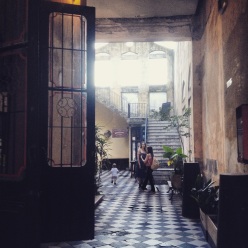 thy, glamor and decay.
thy, glamor and decay.
One minute I’m drinking in stone porticoes and Parisian antiquity like a poet on crack – the next, I’m watching homeless children bath in a public fountain.
Everywhere you turn, you’re faced with a new impression or feeling. It’s like living inside a kaleidoscope – if also inside that kaleidoscope lives a tiny old lady who slaps you in the face now and again.
The way that locals treat foreigners is also unique. Sometimes you feel like a celebrity; a rare and exotic creature that everyone wants to be close to. Other times, it’s like you’re at the zoo on the wrong side of the bars. As I learn more Spanish, I begin to see an entirely new dimension to Argentine culture. When it’s late at night and I’m taking the bus home, I hear two women discuss the color of my hair, my shoes, my height, and whether I’m pregnant or just a “gordita”. I try to see it as flattering. The way that people interact is both enchanting and exhausting, depending on the day and my mood.
Sydney VS Buenos Aires
 It’s been a weird transition after two years in Sydney; a city and a life that was very difficult to leave behind. Sydney is the canine of cities – loyal, friendly, and consistent. Buenos Aires on the other hand, is like a cat; duplicitous, discriminating, and unpredictable. It purrs when you pet it and nuzzles your hand, then viciously attacks you a moment later.
It’s been a weird transition after two years in Sydney; a city and a life that was very difficult to leave behind. Sydney is the canine of cities – loyal, friendly, and consistent. Buenos Aires on the other hand, is like a cat; duplicitous, discriminating, and unpredictable. It purrs when you pet it and nuzzles your hand, then viciously attacks you a moment later.
Like BA expats and cat lovers, we wind up completely intoxicated by the passion and excitement; whether it’s a spontaneous street fair or a neighborhood protest. You can’t walk three blocks in this city without stumbling onto some kind of urban spectacle.
I argue that we need both the cat and the dog. Without one, you can’t fully appreciate the other.
Assimilation: What does life look like now?
A year later, I still wake up with Spanish words written all over. I still embarrass myself most days, but I can chart my growth in confidence and conjugated verbs.
One of my fellow expats figures you’ve really made it somewhere when you can direct the taxi driver on the route you prefer to take. Since my internal compass is forever on quaaludes, I had to come up with another benchmark for measuring my success.
The moment I knew I’d “made it” was when the kids I nanny for asked me to tell them a story in Spanish. Twenty minutes later, I had given rise to the legend of the chicken-rabbits; telepathic ETs that roam the galaxy in search of interstellar domination. Who’s going to explain to them in 10 years why they’re terrified of poultry, I do not know.
Besides conversational Spanish and an appreciation for life without dog poop, living in Argentina has taught me one other invaluable lesson – the importance of having goals. I don’t think there’s any single idea that’s more powerful, because if you have something that you truly believe in and are working toward, you’re never waiting for anything.

